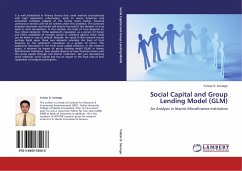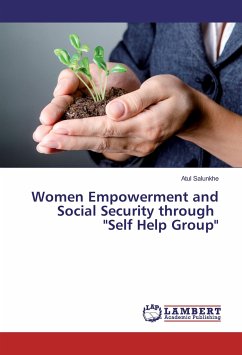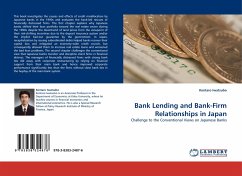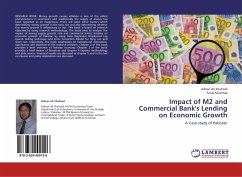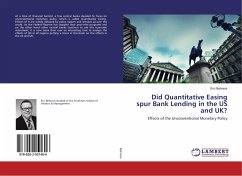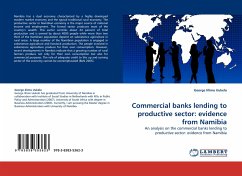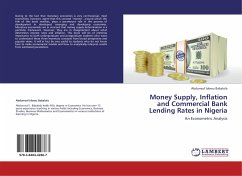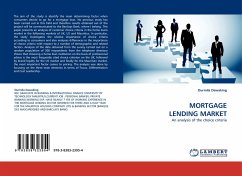It is well established in finance theory that credit markets characterized with high asymmetric information, leads to severe distortion and sometimes complete collapse of the formal credit market. Financial contracts or services will not be written under this condition. The contracts between borrower and lender will only be honored if the element of trust exists in such transactions. In this context, the basis of trust depends on two critical elements; (1)the applicant's reputation as a person of honor and (2)the availability of enough capital or collateral against which claim can be made in case of default. Basically, the result in this research would perhaps build upon these two elements whereby the basis of trust depends on the applicant's reputation as a person of honor. The applicant's reputation in the form social capital existence, in this research paper, is attained by means of group lending model (GLM) in Islamic Microfinance Institution. Poor people deserve to have financial service with this social capital through non-market institution. Not just representing social collateral, social capital also has an impact to the high rate of loan repayment of program participants.
Bitte wählen Sie Ihr Anliegen aus.
Rechnungen
Retourenschein anfordern
Bestellstatus
Storno

